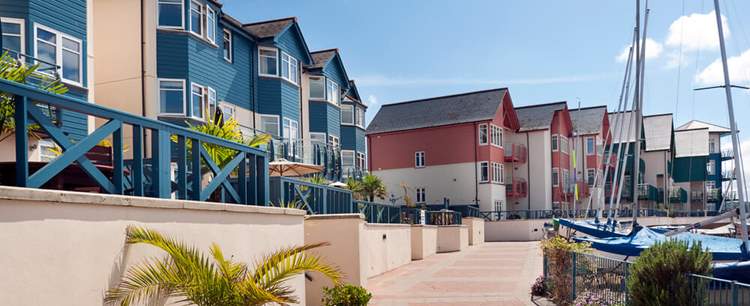Every cloud has a silver lining. While circumstances during the last two years or so have made overseas travel even more tiresome than it ever was, huge swathes of people have rediscovered the many and varied charms of the British Isles. Staycations – of all types and in so very many parts of the country – have come roaring back into popularity.
Owning a UK holiday let
As many would-be holidaymakers will have discovered to their cost, however, the sudden surge in bookings means that during the summer of 2021, at least, demand outstripped supply, said the website Landlord Buyer.
Moreover, with many people looking to avoid the peak summer months, bookings have also been buoyant and brisk for the autumn and winter too.
With what has become practically insatiable demand in many parts of the country, there has probably been no better time to invest in holiday lets. For any type of landlord, a profitable rental stream is never an absolute certainty, but holiday lets have become money-spinners.
In an article on the 20th of July 2021, for example, the Buy Association claimed that average incomes for holiday let owners was £21,000 a year – rising to £27,000 annually in especially popular locations.
Tax breaks
What you might not know is that the Inland Revenue seems to be on your side when it comes to keeping more of the rental income you might earn from your holiday let.
If it is a furnished holiday let – which, of course, the overwhelming majority of such properties have to be – you could be on course for some or all of the valuable tax breaks described in more detail on the website of HM Revenue & Customs (HMRC):
- you can claim capital allowances against your income tax for expenditure on items such as fixtures, furniture, and equipment used in your holiday let;
- the profits from your holiday let enterprise will count as earnings for pensions purposes; and
- depending on your business status, you could claim what is known as Capital Gains Tax relief for traders.
Eligibility and conditions
There are certain conditions your holiday let must meet if you are to be eligible for the tax advantages.
In the first place, the property must be furnished – sufficient furniture and equipment that allows your tenants to live there for several weeks at a time.
The rules also make it clear that a holiday let is intended for short-term letting – essentially, to holidaymakers – and not the long-term tenants to whom you would otherwise grant an assured shorthold tenancy of six months or longer. If the occasions on which you let the property for longer than thirty-one consecutive days totals more than 155 days in any one year, therefore, you will no longer be eligible for these tax advantages.
Although the property must be based on lettings that run for only a matter of weeks, it must nevertheless be available for letting for a minimum number of days each year. Currently, that minimum period of availability is 210 days – and does not include those days when you and your family might be using the holiday let (the property is not “available for letting” when you are in residence).
Not only must your holiday let be available for letting to the public, but it must also be actually let for a minimum number of days each year. So, in order to qualify for any tax advantages, the property must have been let for a minimum of 105 days in any one year.
The property must be “commercially let” for this period – that is to say, you must have charged a commercial rent to the tenants in question and the period cannot be made up of times when you, your family, or your friends are staying in the property rent-free.
There are a few exceptions to the strict interpretation of these rules on let periods. If you own several holiday lets, for example, you may be able to average out the total letting period over all your properties. You may also average out longer periods of letting one year against other years when you have been unable to let your property for the qualifying period.
Exclusive use as a holiday let
Even if you have not managed to let your property and have had to shut it down because there have been no tenants as customers, you may still take advantage of some tax breaks provided it has been available exclusively as a holiday let and you have not spent any time living there.
If your property is used like this, exclusively as a holiday let, you can still claim tax allowances against all your expenses – such as any mortgage interest – for the whole of the year.
Consider the tax advantages
If you are thinking of investing in holiday let property to take advantage of the current surge in demand for staycations, remember, too, to make full use of the tax breaks available. Don’t forget your holiday home insurance either!
Please note that this information is based on our current understanding of tax advantages for holiday lets as at November 2021. Rules are liable to change, so please ensure you do your due diligence and / or seek professional advice if you are unsure.







